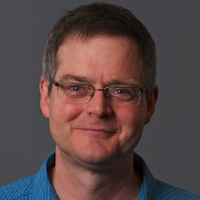CCC at AAAS 2017
The Computing Community Consortium (CCC) has attended and hosted sessions at the American Association for the Advancement of Science (AAAS) Annual Meeting since 2013. Below you can find links to slides and resources from the 2018 sessions and links to related CCC white papers and resources. To learn more about the 2017 AAAS Meeting visit the webpage.
The Technology of the Future Flash Talks:
The Emerging Role of Mobile Phones in Health – Dr. Patel will discuss how mobile phones and computing will play a critical role in personal health monitoring. In his talk, he will describe a set of projects where it is already possible to conduct clinically relevant health diagnostics using just the sensors already present on a smartphone. These tools can be used for population level screening, managing chronic diseases, and as case finding tools in developing regions.
Socially Assistive Robotics: Creating Robots That (Provide) Care – Dr. Mataric will describe her leading work in the new field of “socially assistive robotics,” which focuses on creating robots capable of providing personalized therapy and care through social, as opposed to physical, interaction. She will describe the research and other challenges she overcame in successfully testing her work with stroke patients, Alzheimer’s patients, healthy elderly, and children with autism spectrum disorders.
Speakers:
Shwetak Patel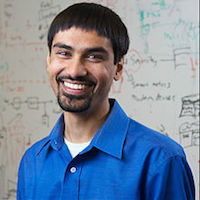
University of Washington
Maja Matarić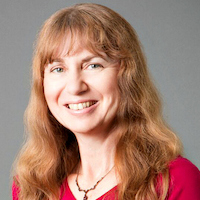
University of Southern California
Related Links:
- CCC Recap Blog – CCC @ AAAS 2017- The Technology of the Future
- Shwetak Patel’s Slides – The Emerging Role of Mobile Phones in Health
When Everyday Objects Become Internet Devices: A Science Policy Agenda
Friday, February 17, 2017: 1:00 PM-2:30 PM
Synopsis: The Internet is being transformed from a system that connects people to information and services, into one that connects people to everyday objects from cars to toothbrushes. A recent McKinsey report estimates the economic impact of this “Internet of Things” (IoT) will be between $3.9 to $11 trillion dollars by 2025. IoT will have a profound impact on our daily lives, including technologies for “smart” cities and our homes, health, and transportation. Advances in sensors and hardware have enabled computers to more easily observe the physical world. These devices can monitor the physical environment and connect Internet servers with physical places and objects. This panel will enumerate science policy challenges tied to the emerging interrelationships between computation, people, and the physical world. Speakers will describe how people make sense of computational objects and look at the development and programming of IoT systems to explore critical issues in security, liability, and longevity, discussing how these technologies have the potential to shape future smart environments from homes to cities.
Speakers:
Moderator:
Ann Drobnis 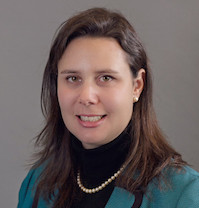
Computing Community Consortium
Related Links:
- CCC Recap Blog– CCC @ AAAS 2017- What Happens When Everyday Objects Become Internet Devices: A Science Policy Agenda
- Presentation Slides– What Happens When Everyday Objects Become Internet Devices: A Science Policy Agenda
Press Briefing on Mobile Health Devices
Building on a workshop on Discovery and Innovation in Smart and Pervasive Health, three CCC members, Elizabeth Mynatt, Shwetak Patel, and Gregory Hager were asked to provide a Press Briefing entitled “Health in Your Pocket: Diagnosing and Treating Disease with Smartphones,” one of the topics from the workshop.
- Patel kicked off the briefing with a discussion of health-related SmartPhone applications that his lab at the University of Washington has developed with his clinical collaborators, some of which are currently in process for FDA clearance. Among these are applications to do spirometry, osteoporosis screening, and to determine hemoglobin concentrations for managing chronic diseases and screening.
- Mynatt discussed the work that her lab is doing on mobile device applications that can augment the care of a chronically ill patient and described how it relates to the care of breast cancer patients working with a patient navigator.
- Hager concluded the presentation with an overview of the mobile health space, noting that it is “a bit of a wild west” as surveys of the more than 165,000 health apps available in the marketplace show that relatively few can be directly tied to scientific studies supporting their construction.
Speakers:
Elizabeth Mynatt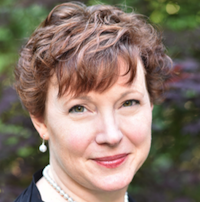
Georgia Tech
Shwetak Patel
University of Washington
Gregory Hager
Johns Hopkins University
Related Links:
- CCC Recap Blog – CCC @ AAAS 2017- Health in Your Pocket: Diagnosing and Treating Disease with Smartphones
- Discovery and Innovation in Smart and Pervasive Health Workshop

